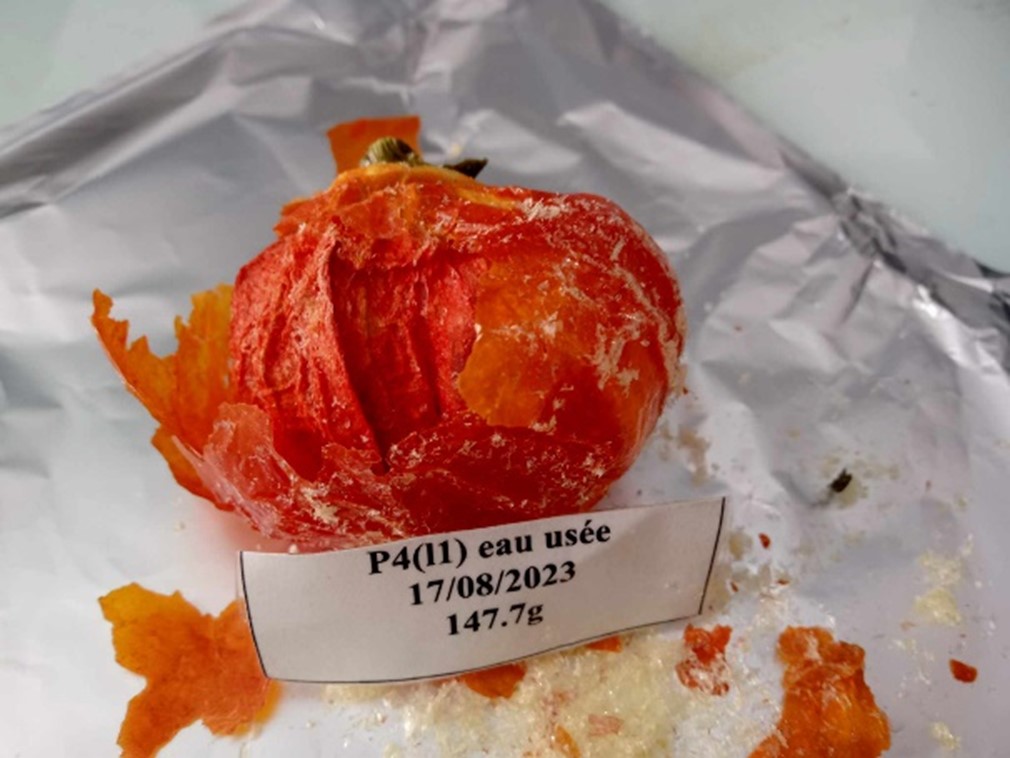
💧🌱 In the tomato fields of the Institute of Plant Breeding and Genetic Resources, wastewater treatment is more than a process—it’s a pathway to sustainable agriculture. As part of the PRIMA-SAFE project, treated wastewater is being used to irrigate tomato crops, providing a resource-efficient alternative to traditional water sources and addressing water scarcity challenges in agriculture.
The wastewater treatment process involves several stages to ensure safety and nutrient enrichment. First, the water undergoes filtration to remove contaminants, followed by biological treatment processes to break down organic matter. Nutrient balancing is a key component, as the treated water retains essential elements like nitrogen and phosphorus, which are critical for tomato growth. By carefully controlling these nutrients, the institute ensures that the reused water acts as a natural fertilizer, enhancing soil fertility and reducing the need for synthetic fertilizers.
This innovative irrigation method has led to thriving tomato crops, with robust plants and high yields. Field studies reveal that the treated wastewater not only meets safety standards but also contributes to sustainable soil health, supporting both the environment and agricultural productivity. This methodology exemplifies how wastewater reuse can be integrated into agriculture to create a sustainable, closed-loop system that benefits farmers and the community alike.
By using reclaimed water wisely, the PRIMA-SAFE project is paving the way for sustainable farming solutions that nourish the land and conserve resources, ensuring a resilient future for agriculture.

